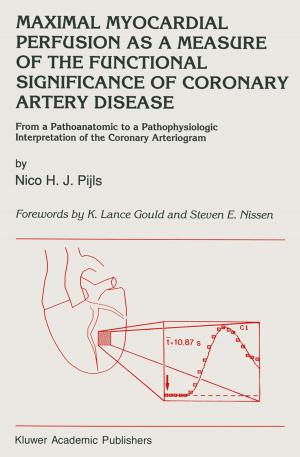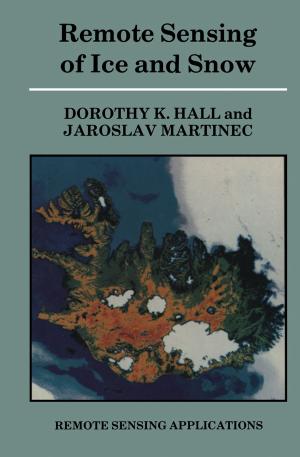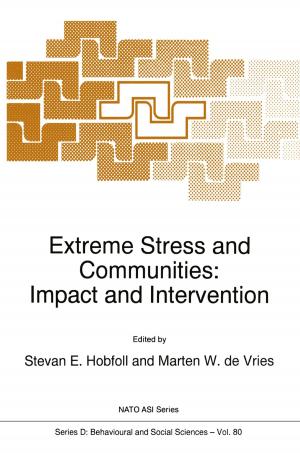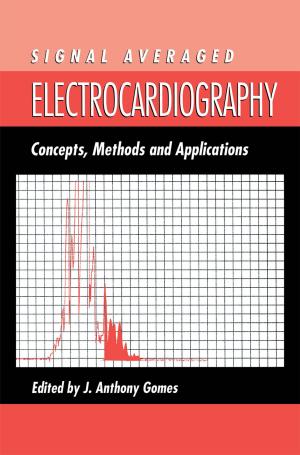Sedation at the End-of-life: An Interdisciplinary Approach
Nonfiction, Health & Well Being, Medical, Reference, Public Health, Religion & Spirituality, Philosophy, Ethics & Moral Philosophy| Author: | ISBN: | 9789401791069 | |
| Publisher: | Springer Netherlands | Publication: | October 21, 2014 |
| Imprint: | Springer | Language: | English |
| Author: | |
| ISBN: | 9789401791069 |
| Publisher: | Springer Netherlands |
| Publication: | October 21, 2014 |
| Imprint: | Springer |
| Language: | English |
The book’s main contribution is its interdisciplinary approach to the issue of sedation at the end-of-life. Because it occurs at the end of life, palliative sedation raises a number of important ethical and legal questions, including whether it is a covert form of euthanasia and for what purposes it may legally be used. Many of the book chapters address the first question and almost all deal with a specific form of the second: whether palliative sedation should be used for those experiencing “existential suffering”? This raises the question of what existential suffering is, a topic that is also discussed in the book. The different chapters address these issues from the perspectives of the relevant disciplines: Palliative Medicine, Bioethics, Law and Theology. Hence, helpful accounts of the clinical and historical background for this issue are provided and the importance of drawing accurate ethical and legal distinctions is stressed throughout the whole book. So the volume represents a valuable contribution to the emerging literature on this topic and should be helpful across a broad spectrum of readers: philosophers, theologians and physicians.
The book’s main contribution is its interdisciplinary approach to the issue of sedation at the end-of-life. Because it occurs at the end of life, palliative sedation raises a number of important ethical and legal questions, including whether it is a covert form of euthanasia and for what purposes it may legally be used. Many of the book chapters address the first question and almost all deal with a specific form of the second: whether palliative sedation should be used for those experiencing “existential suffering”? This raises the question of what existential suffering is, a topic that is also discussed in the book. The different chapters address these issues from the perspectives of the relevant disciplines: Palliative Medicine, Bioethics, Law and Theology. Hence, helpful accounts of the clinical and historical background for this issue are provided and the importance of drawing accurate ethical and legal distinctions is stressed throughout the whole book. So the volume represents a valuable contribution to the emerging literature on this topic and should be helpful across a broad spectrum of readers: philosophers, theologians and physicians.















